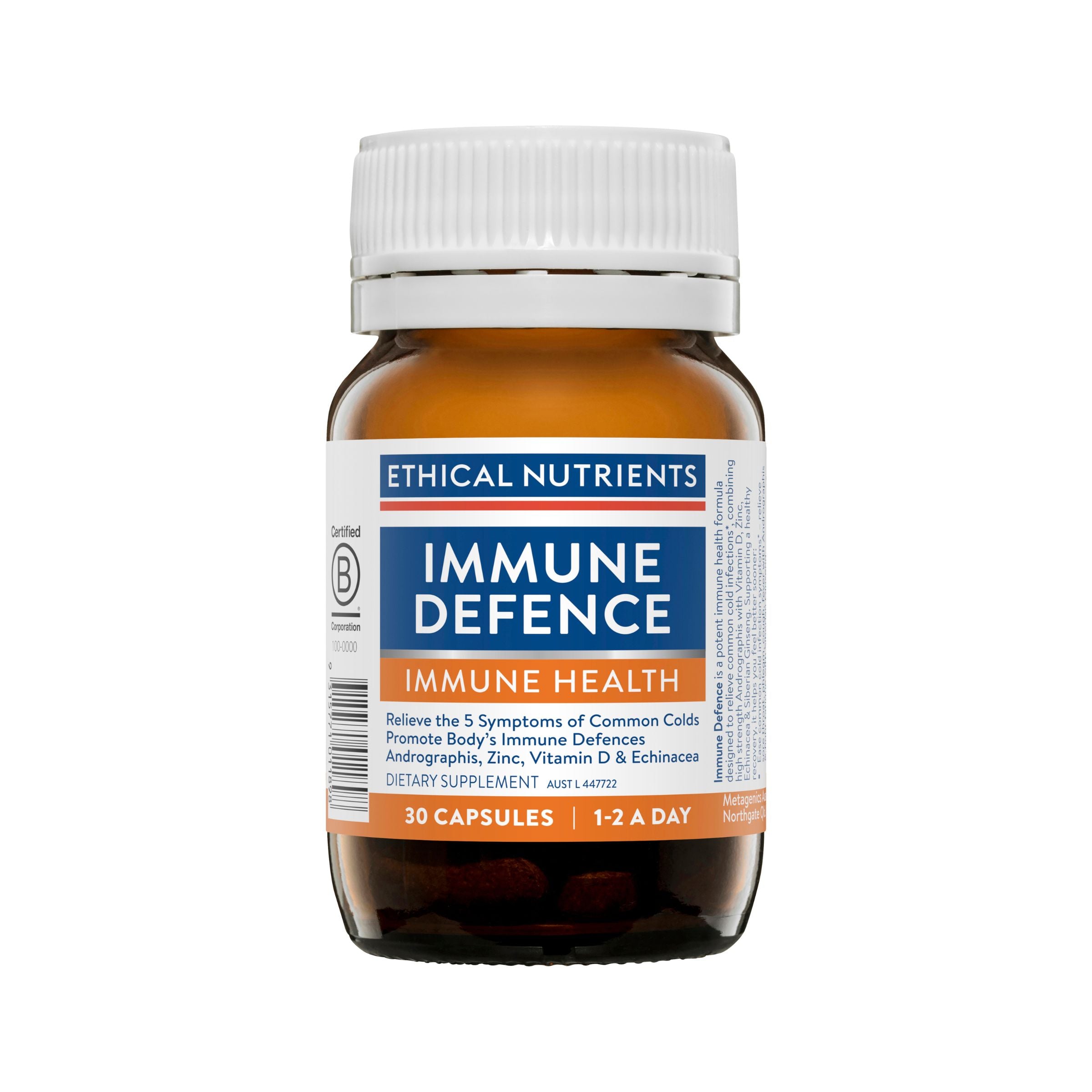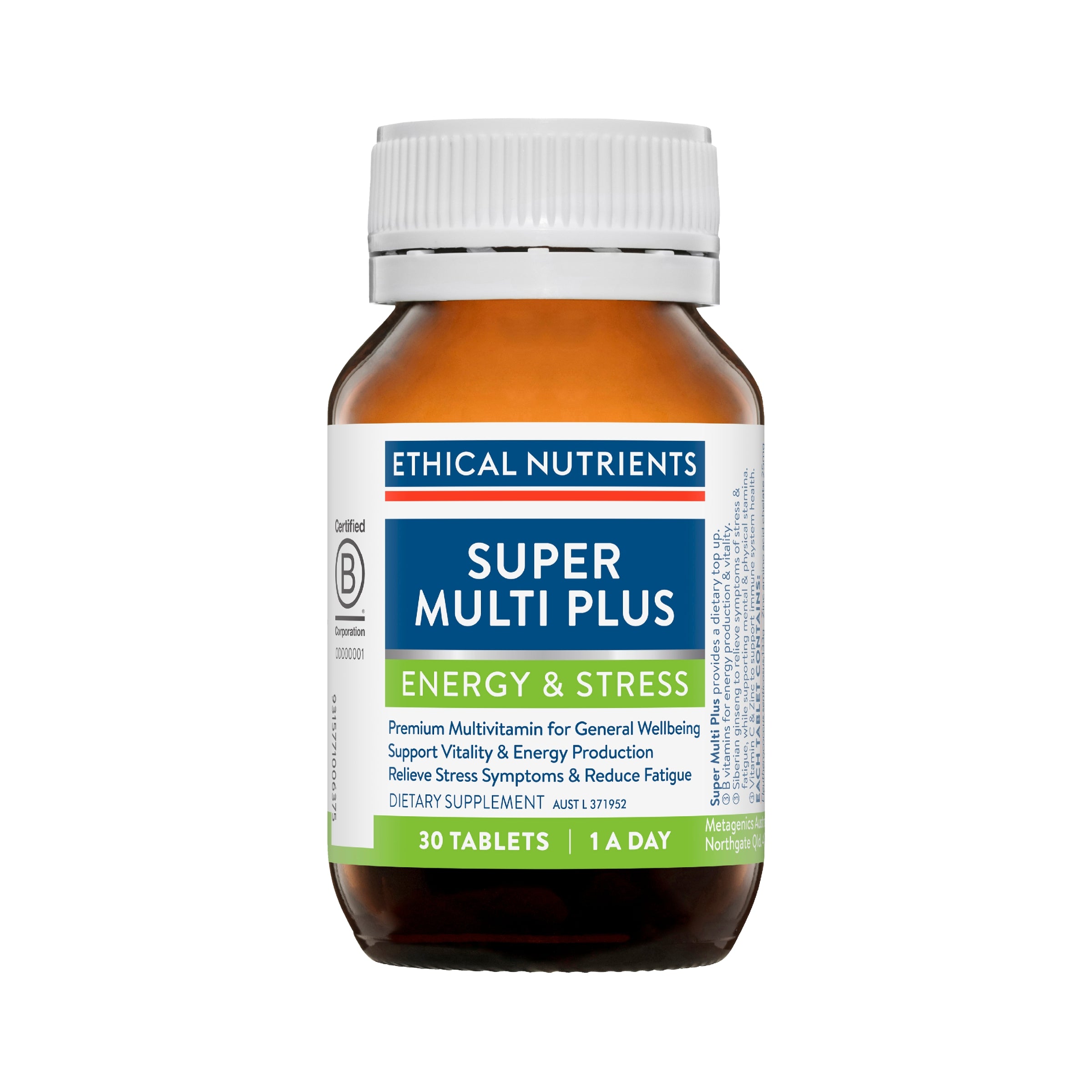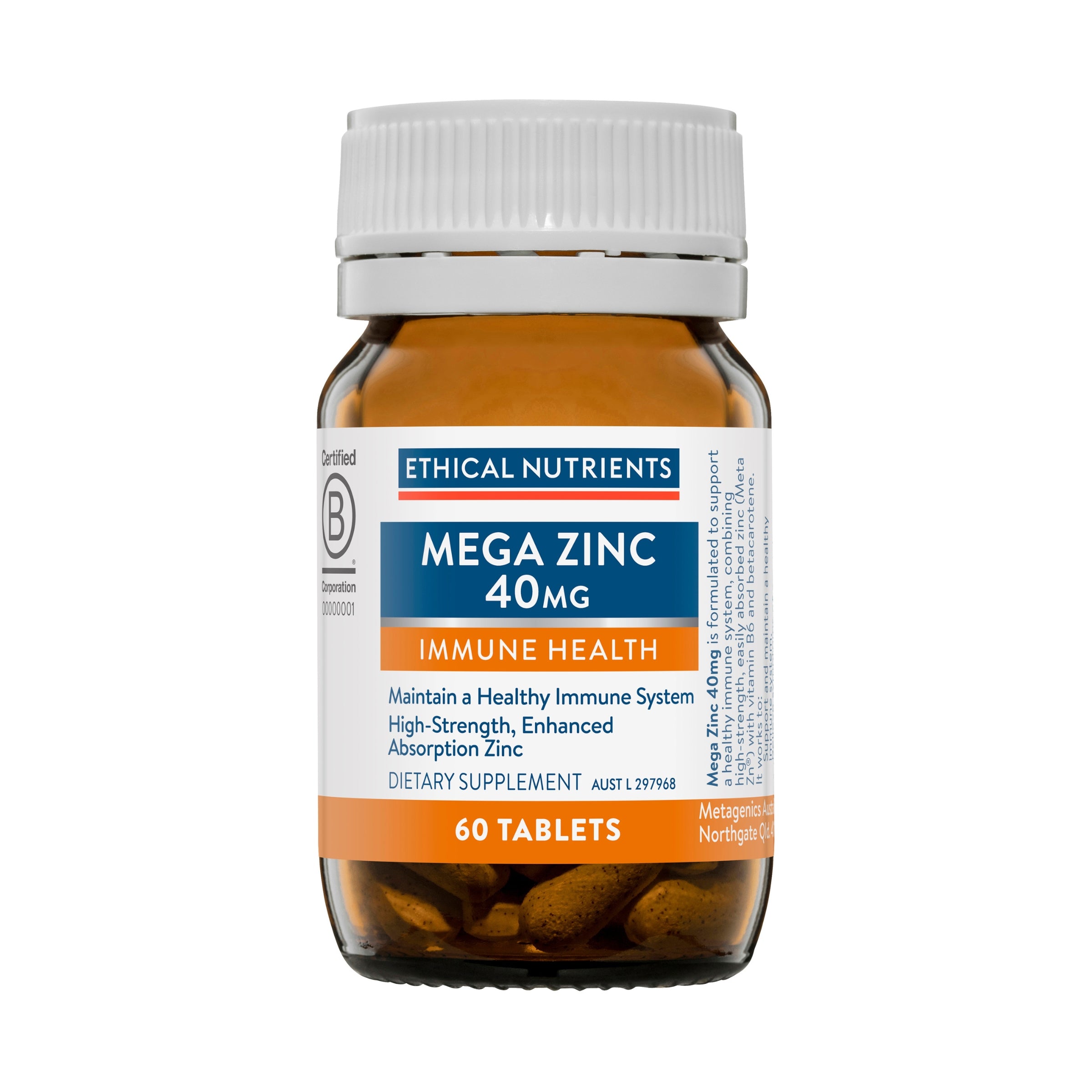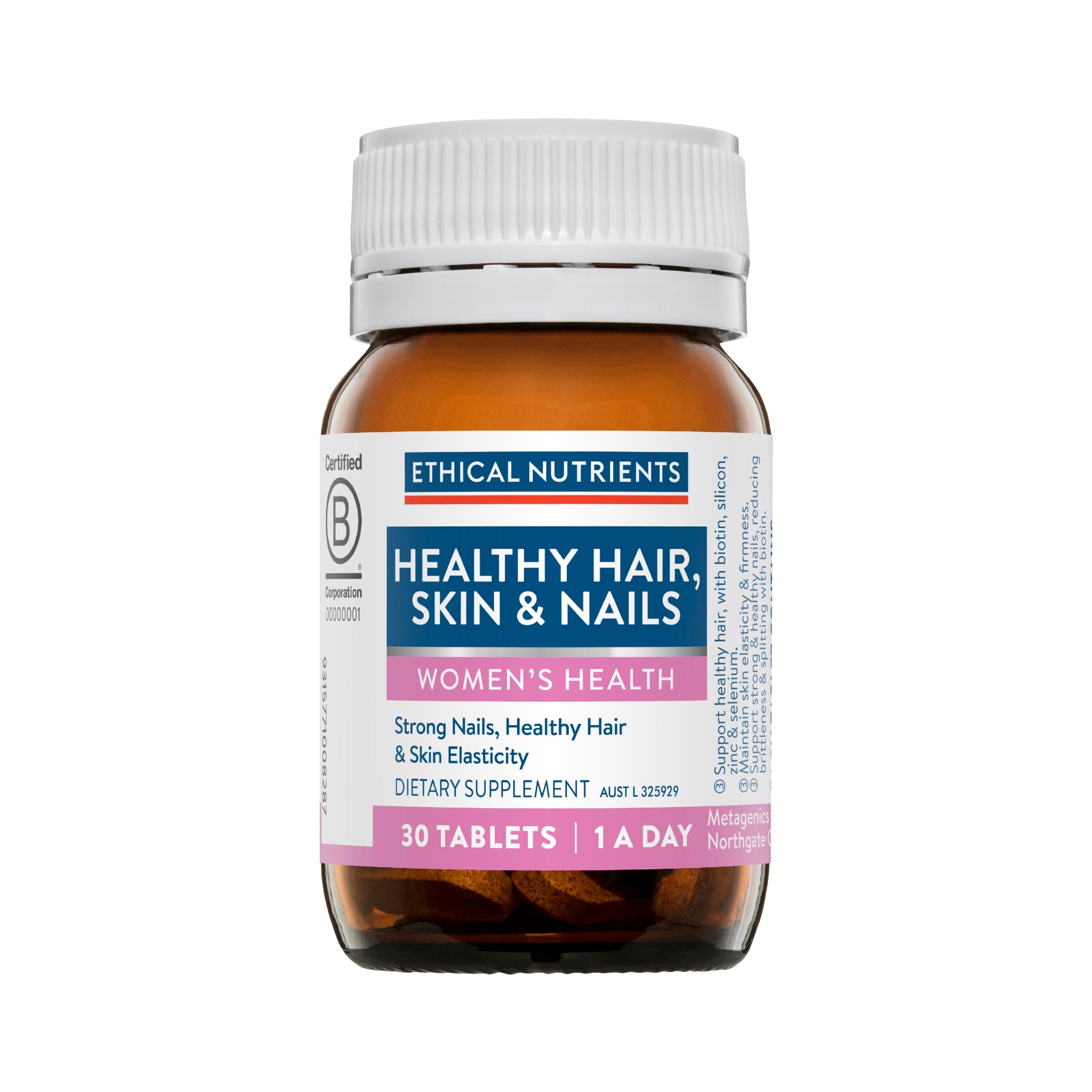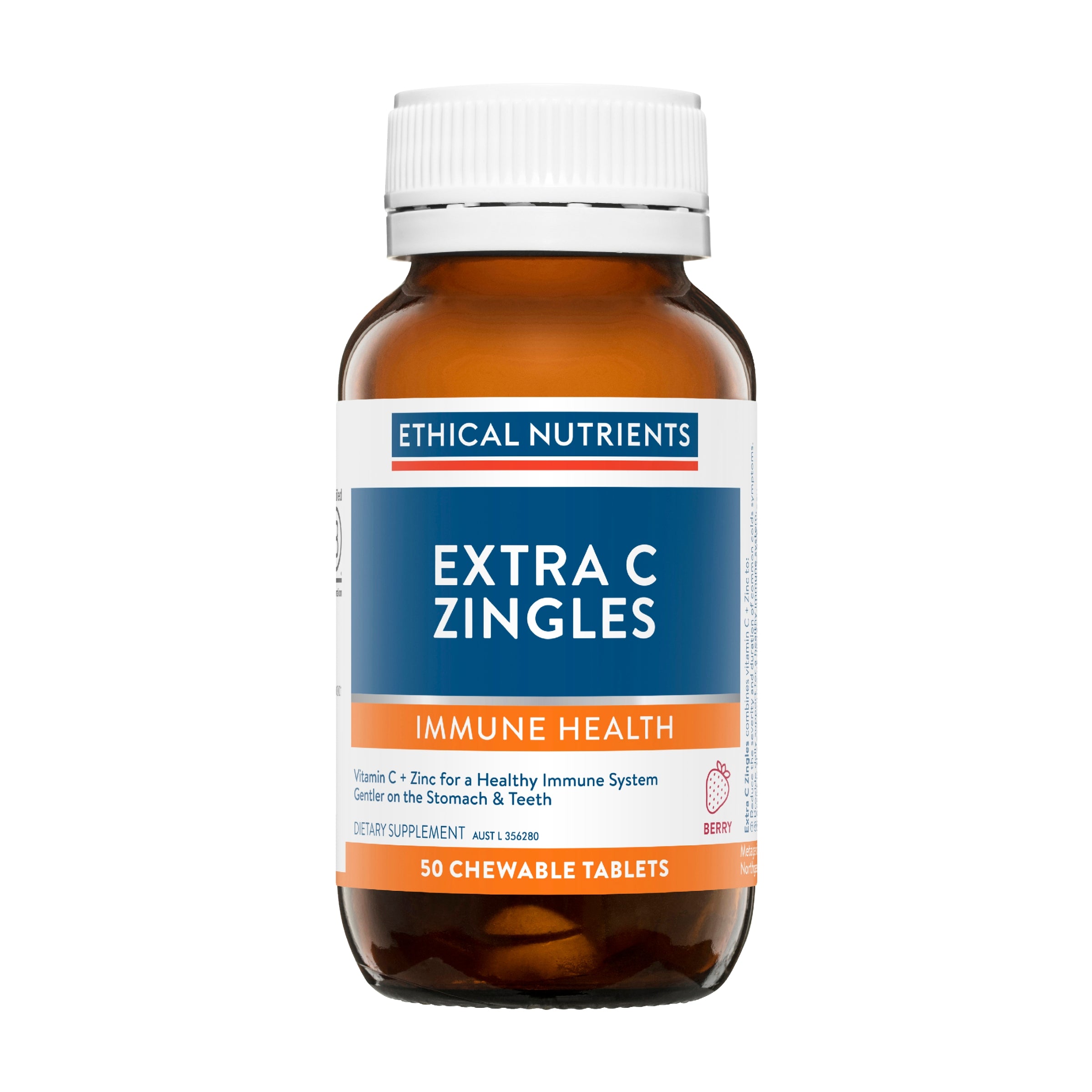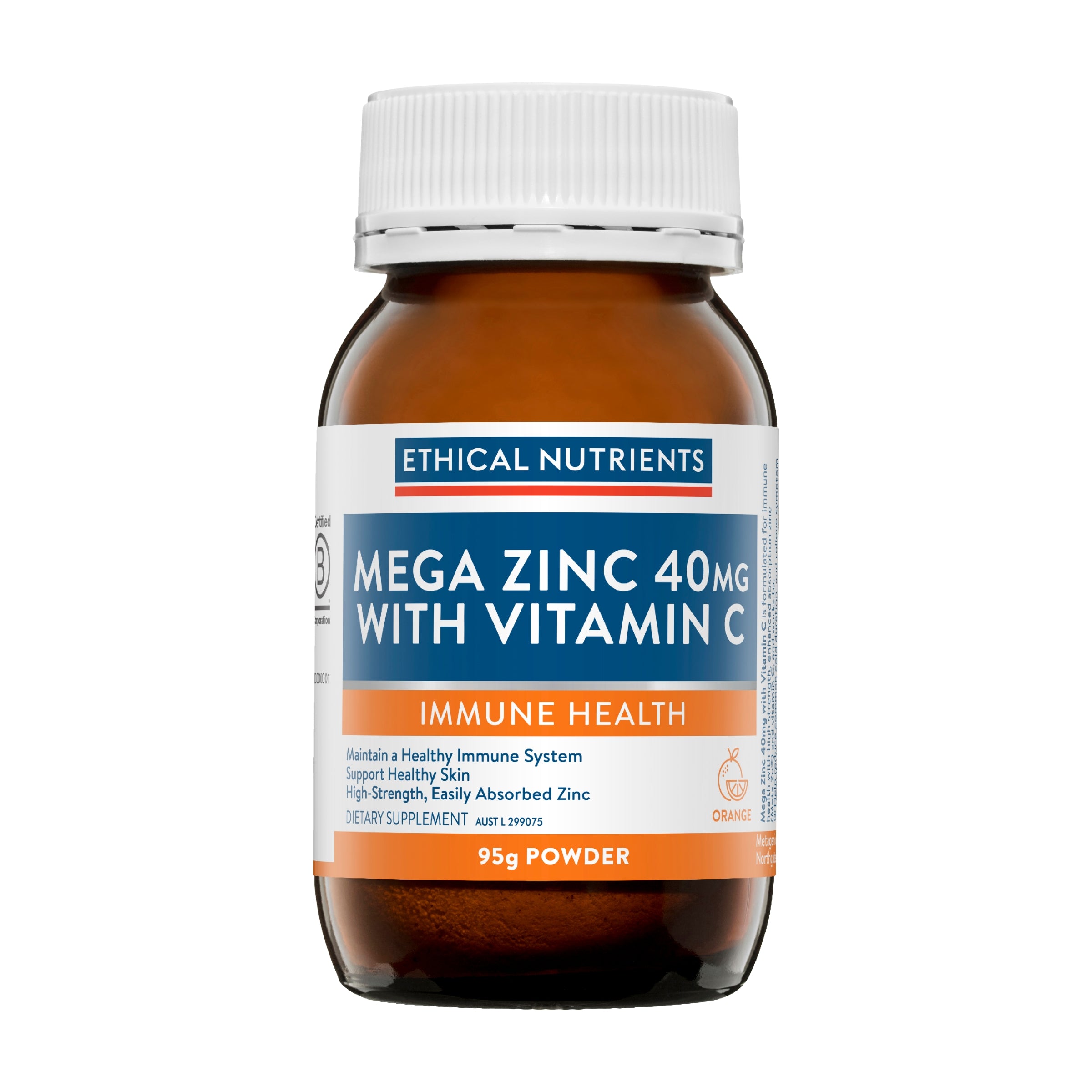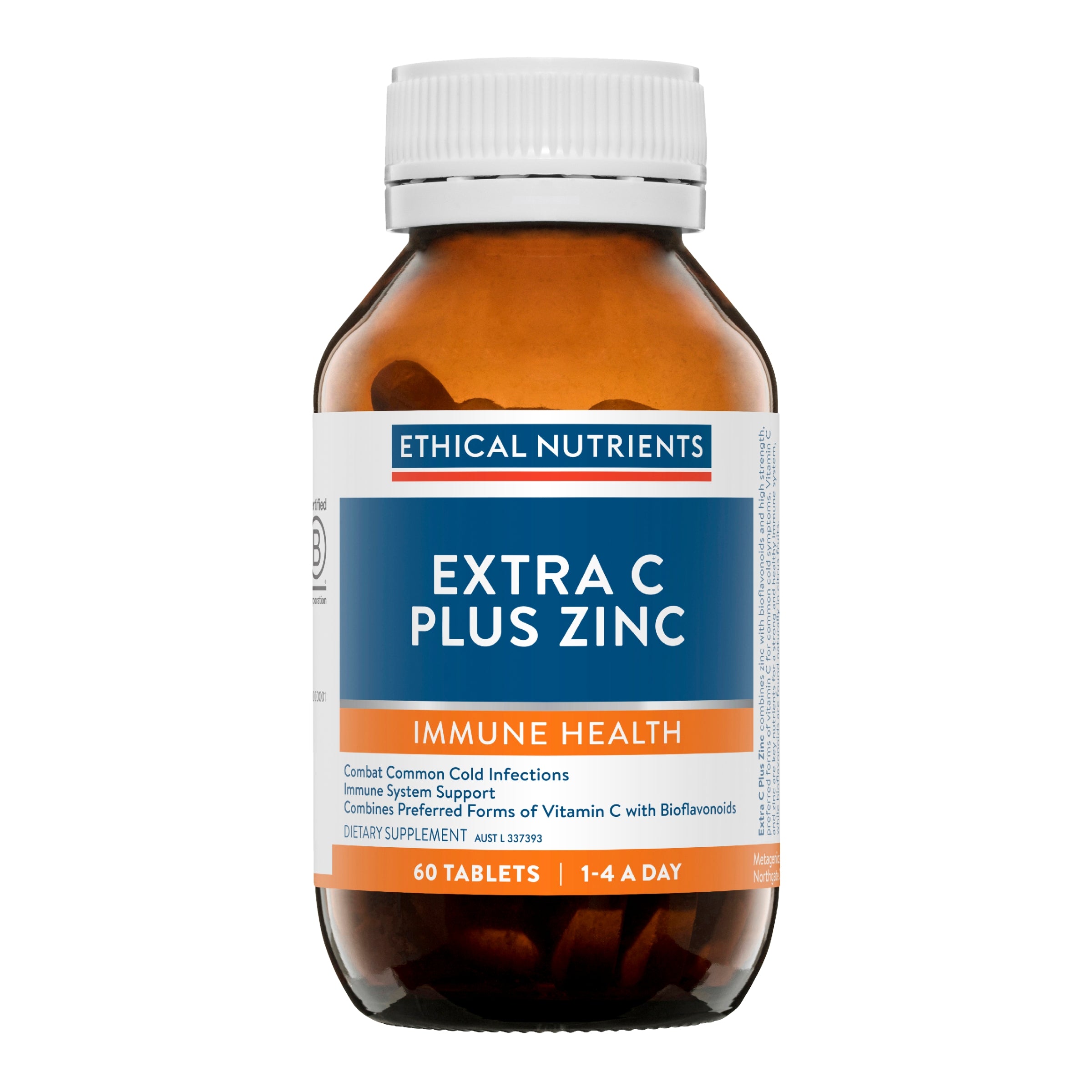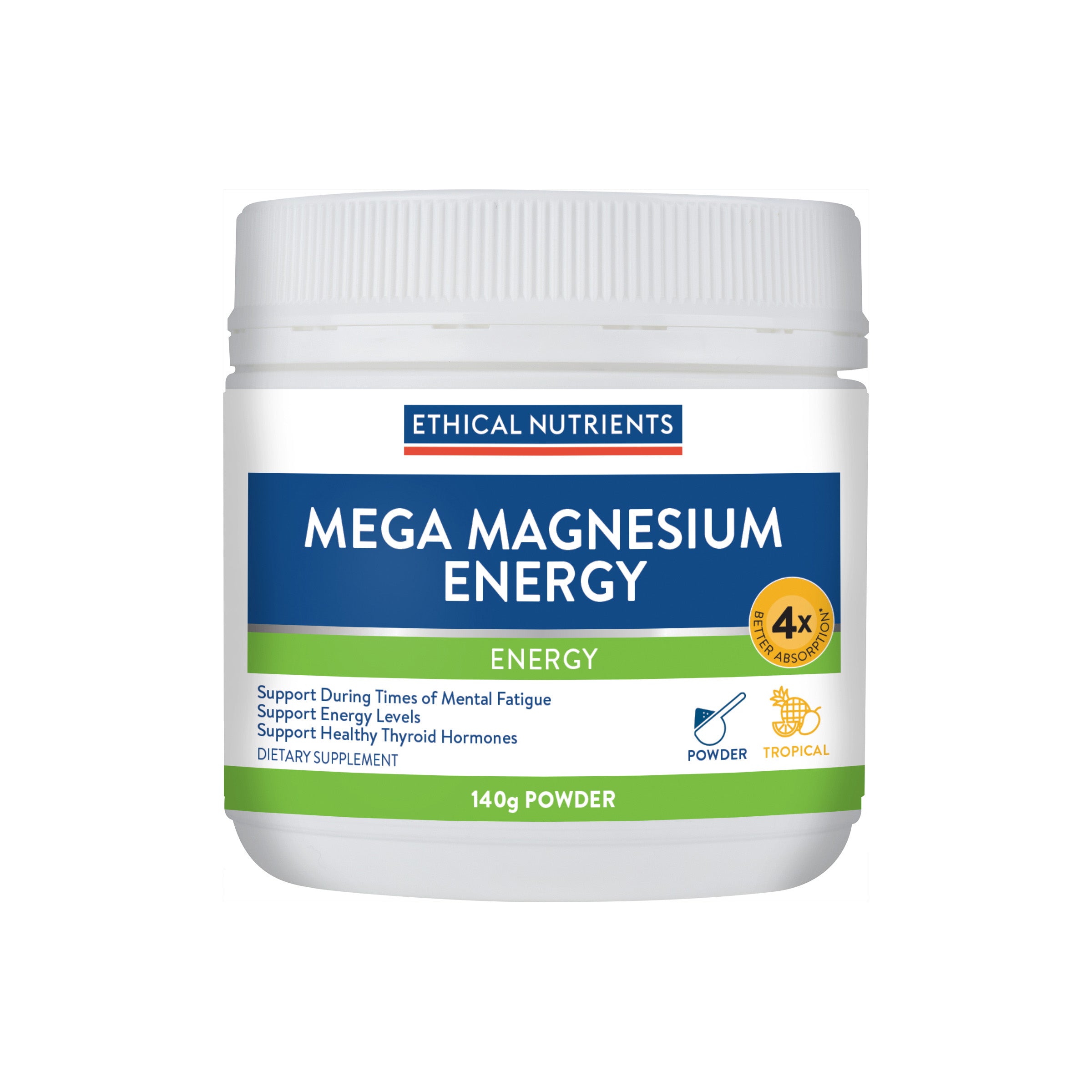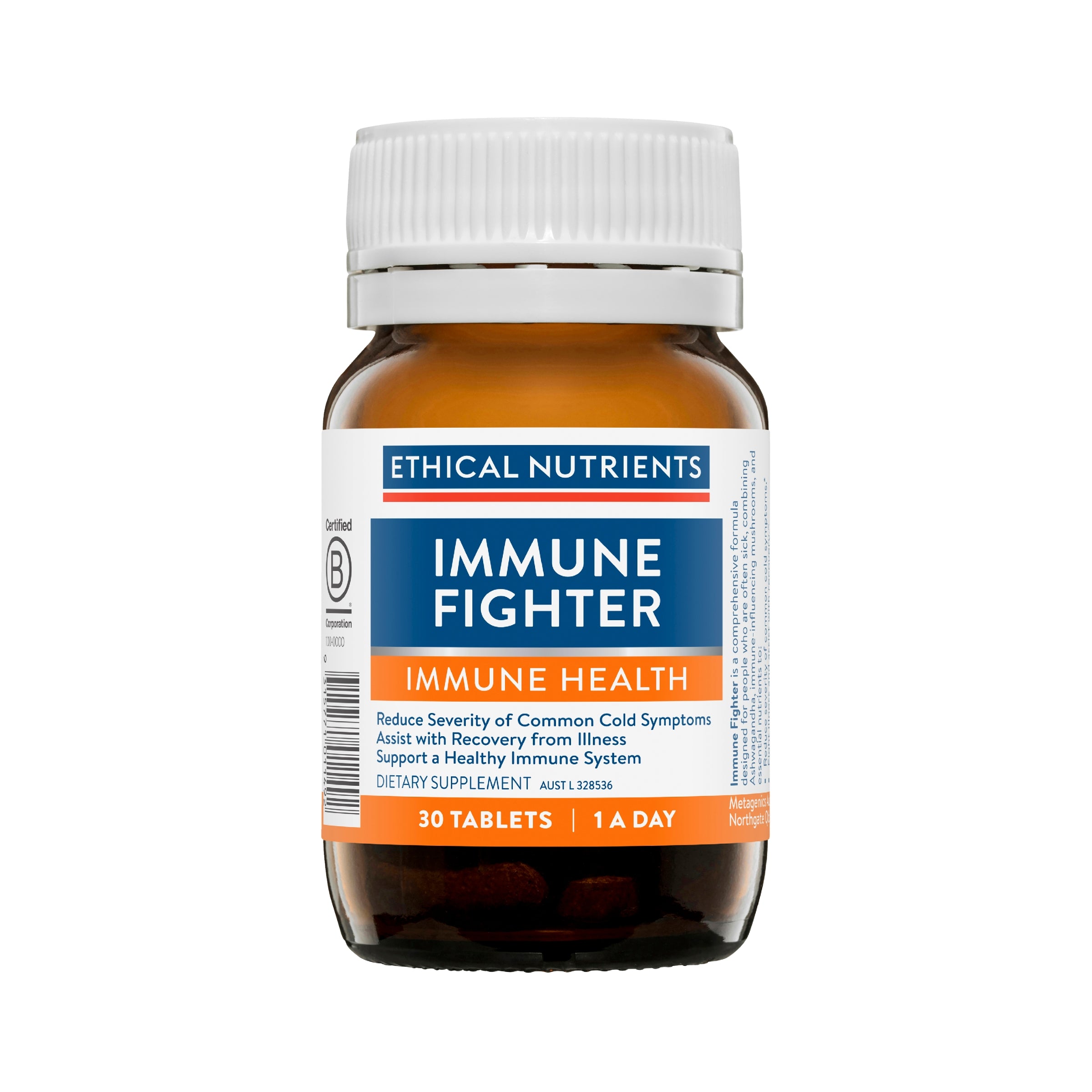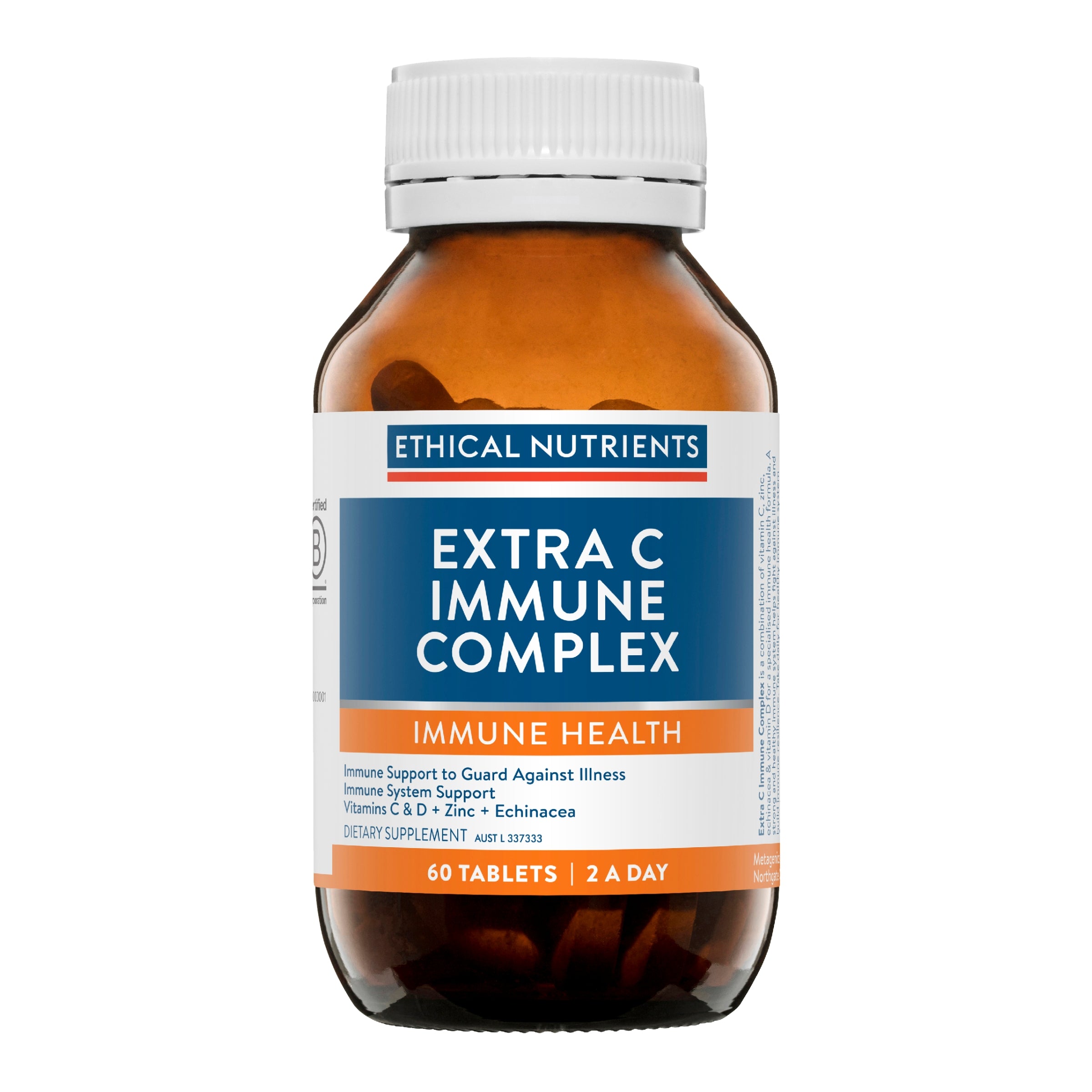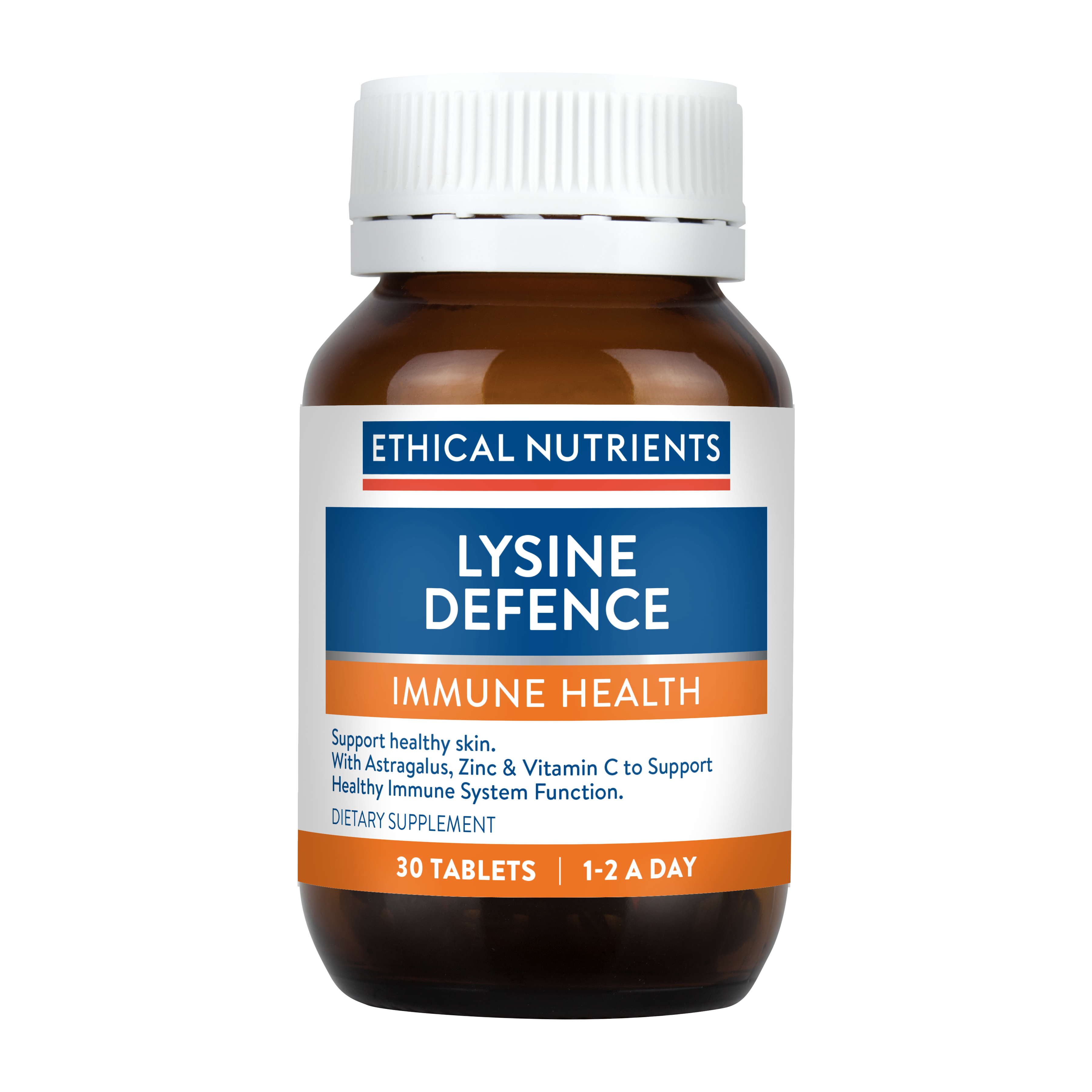Filters
11 products
Ethical Nutrients Immune Defence
Relieve the 5 Symptoms of Common Colds
Ethical Nutrients Super Multi Plus
Premium multivitamin for immune support.
Ethical Nutrients Mega Zinc 40mg
Daily immune support with high strength Zinc.
Ethical Nutrients Extra C Zingles
Family immune support with Vitamin C & Zinc.
Ethical Nutrients Mega Zinc 40mg with Vitamin C Powder
Combat cold symptoms with Zinc & Vitamin C.
Ethical Nutrients Extra C Plus Zinc
Vitamin C & Zinc combination for daily immune support.
Ethical Nutrients Mega Magnesium Energy Powder
Reduce Mental Fatigue
Ethical Nutrients Immune Fighter
For recovery and recurring colds with mushrooms.
Ethical Nutrients Extra C Immune Complex
Immune support to guard against common colds.
Ethical Nutrients Lysine Defence
Support healthy skin with Lysine.


